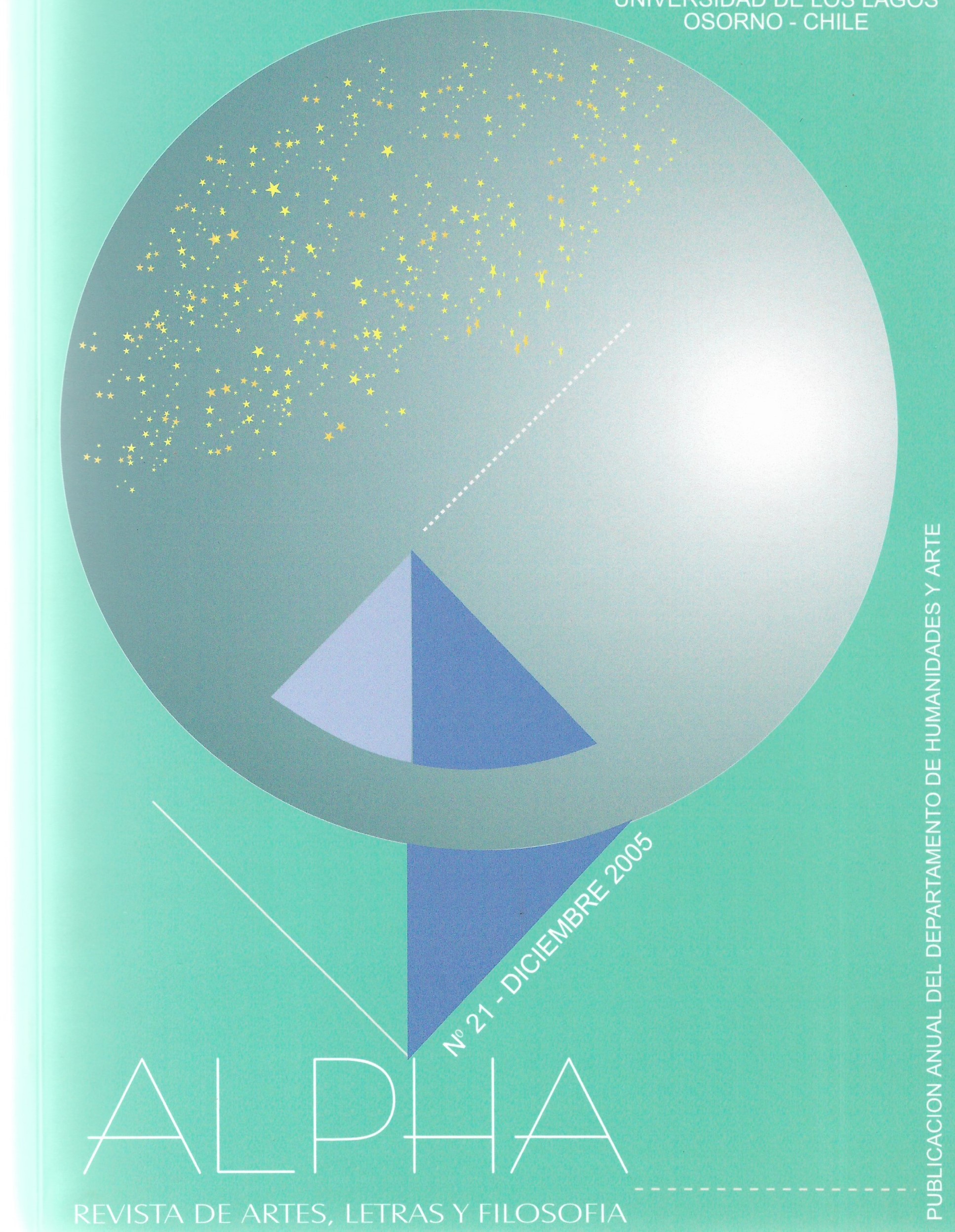Temporality and Confessions in Caracol y otros cuentos
Main Article Content
Issue:
N°21 Volumen I 2005
Section: Articles
Abstract
Postmodern discourse is central to Panamanian writer Enrique Jaramillo
Levis´ work. Its usage illustrates the need to regard conscience as the receptive agent of a plural experience of temporality such as that of a deep psychological scope, or one which is purely perceptive, another one rooted in the imaginative process, one other spiritual, as well as a confessional dimension of time guided by the unpredictability of memory in search of universal meaning and the introspective power of art. On the other hand, Jaramillo Levis´ original approach to time is inseparable from the metaphysical questions underlying the intersection of writing and writer emerging from the act of creation. In this essay, I study both dimensions in his work Caracol y otros cuentos.
Levis´ work. Its usage illustrates the need to regard conscience as the receptive agent of a plural experience of temporality such as that of a deep psychological scope, or one which is purely perceptive, another one rooted in the imaginative process, one other spiritual, as well as a confessional dimension of time guided by the unpredictability of memory in search of universal meaning and the introspective power of art. On the other hand, Jaramillo Levis´ original approach to time is inseparable from the metaphysical questions underlying the intersection of writing and writer emerging from the act of creation. In this essay, I study both dimensions in his work Caracol y otros cuentos.
Article Details
Burgos, F. (2019). Temporality and Confessions in Caracol y otros cuentos. ALPHA. Revista De Artes, Letras Y Filosofía, 1(21), 9-24. Retrieved from https://revistaalpha.ulagos.cl/index.php/alpha/article/view/2024
Downloads
Download data is not yet available.

This work is licensed under a Creative Commons Attribution-ShareAlike 4.0 International License.
